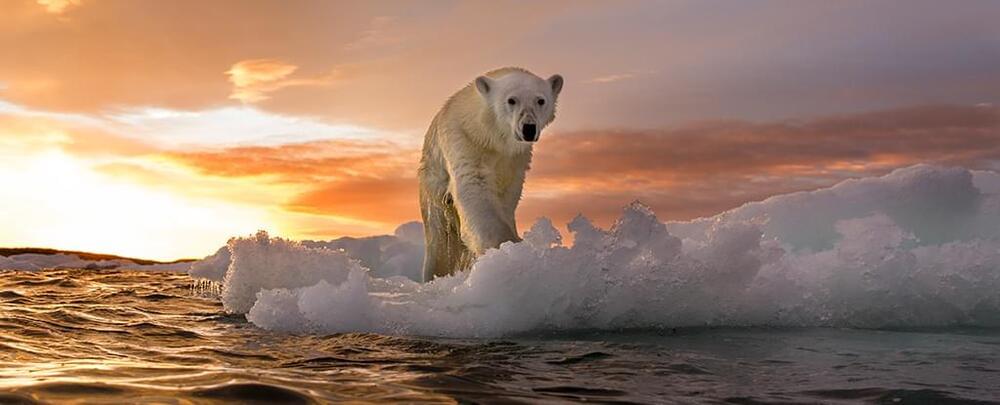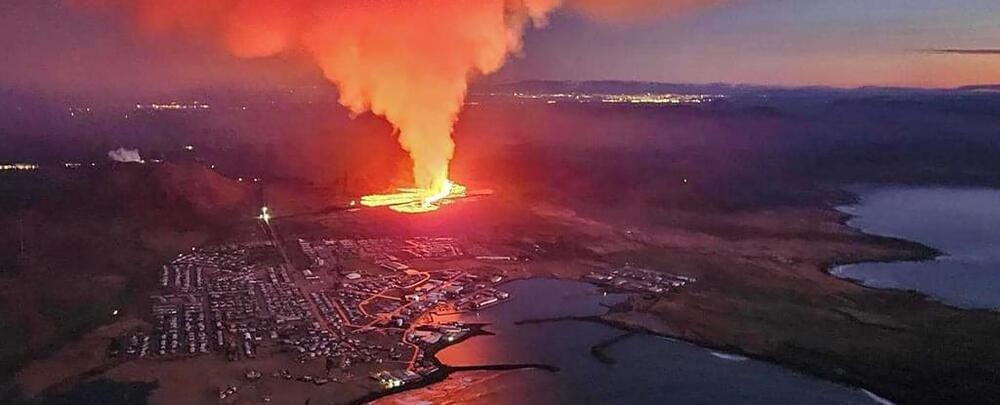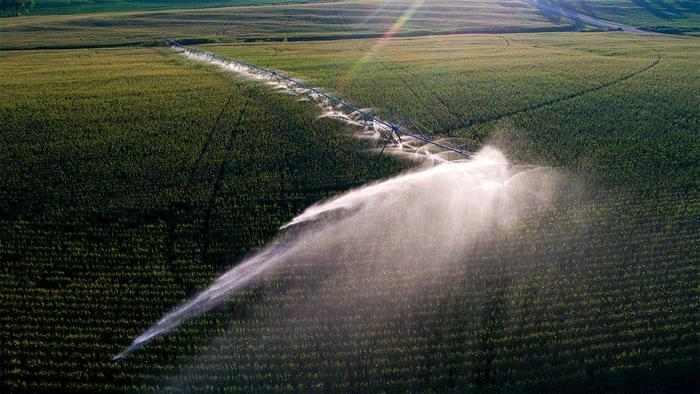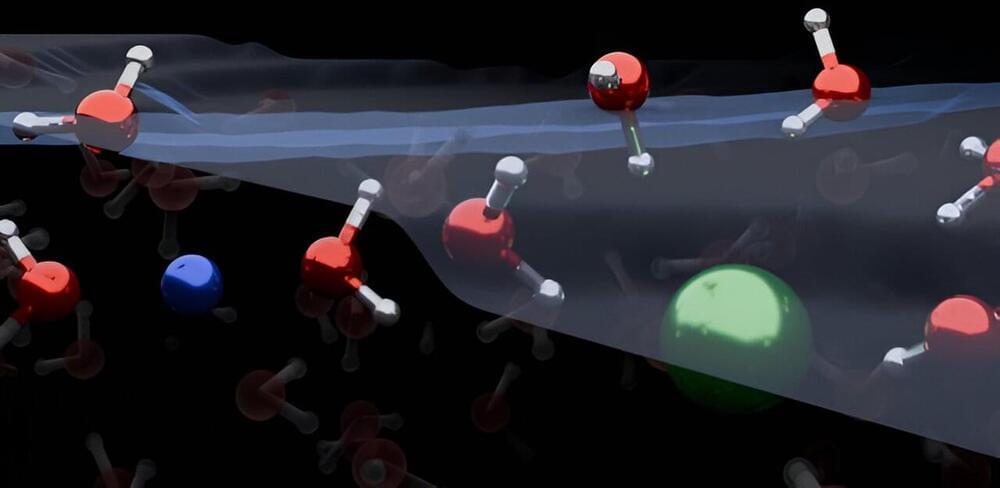The OpenDAC project is a collaborative research project between Fundamental AI Research (FAIR) at Meta and Georgia Tech, aimed at significantly reducing the cost of Direct Air Capture (DAC).
Direct Air Capture (DAC) involves directly capturing carbon dioxide from the atmosphere and has been widely recognized as a crucial tool in combating climate change. Despite its potential, the broad implementation of DAC has been impeded by high capture costs. Central to overcoming this hurdle is the discovery of novel sorbents — materials that pull carbon dioxide from the air. Discovering new sorbents holds the key to reducing capture costs and scaling DAC to meaningfully impact global carbon emissions.
The DAC space is growing rapidly with many companies entering the space. To engage the broader research community as well as the budding DAC industry, we have released the OpenDAC 2023 (ODAC23) dataset to train ML models. ODAC23 contains nearly 40M DFT calculations from 170K DFT relaxations involving Metal Organic Frameworks (MOFs) with carbon dioxide and water adsorbates. We have also released baseline ML models trained on this dataset.









